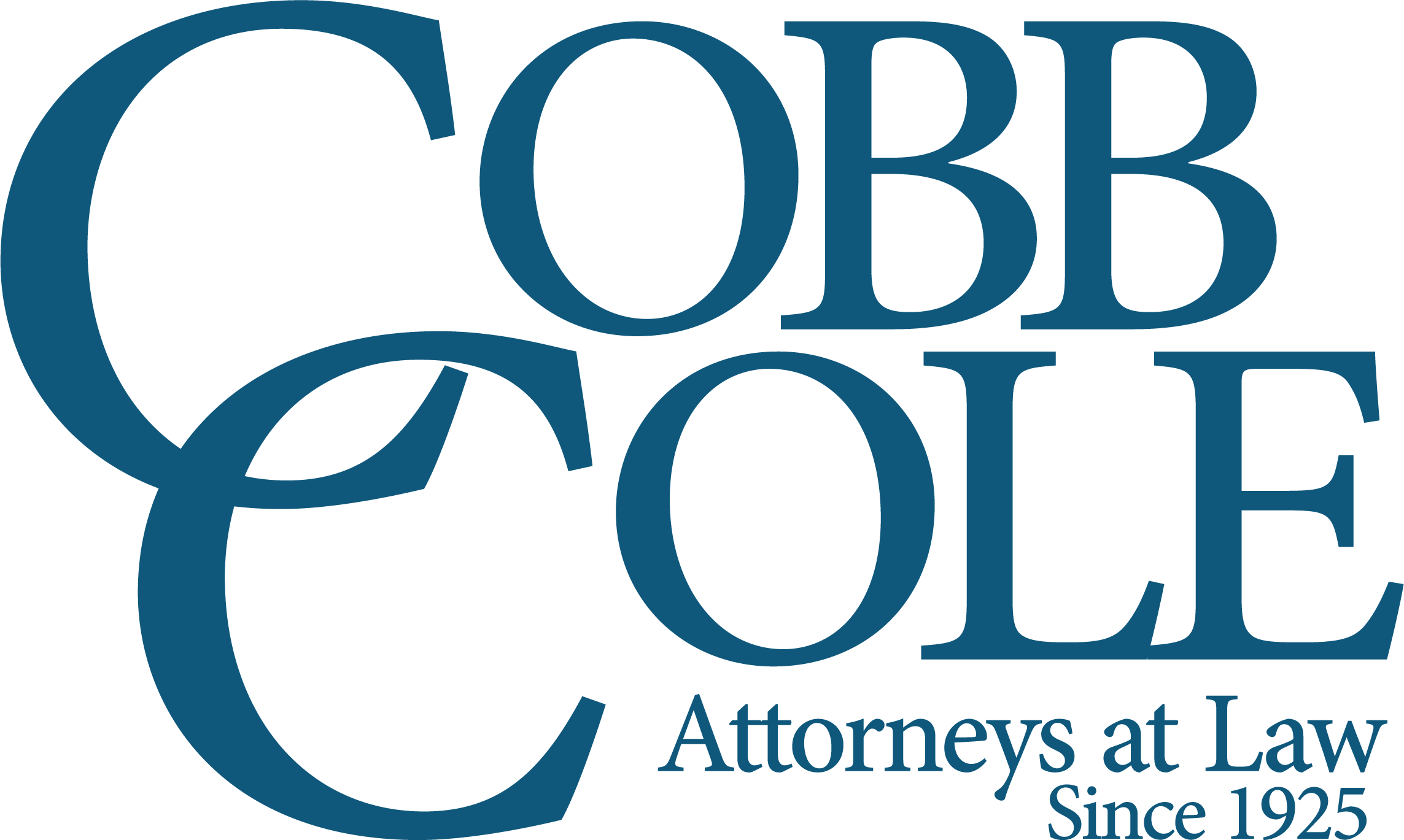Florida’s alimony laws have undergone significant changes in recent years. In 2023, state legislation eliminated permanent alimony and introduced clearer guidelines around duration and amounts for other types of alimony. Understanding how these changes may impact divorce proceedings is crucial for anyone considering or navigating a divorce. The Family Law attorneys at Cobb Cole stay on top of these legislative updates to better guide clients through the process with tailored strategies.
Types of Alimony in Florida
Bridge-the-Gap Alimony
Bridge-the-gap alimony is intended to help a spouse transition from married to single life. It is specifically designed to cover short-term, identifiable needs such as securing housing, purchasing a vehicle, or other necessary adjustments. This form of alimony cannot exceed two years and is non-modifiable. For example, a spouse who needs a few months of assistance to relocate and establish independent housing might qualify for bridge-the-gap support.
Rehabilitative Alimony
Rehabilitative alimony supports a spouse in becoming self-sufficient through education, training, or employment development. A detailed plan outlining how the recipient will achieve financial independence is required. Under the 2023 updates, rehabilitative alimony is capped at five years. For instance, if a spouse needs to complete a two-year nursing program to reenter the workforce, rehabilitative alimony may cover living expenses during that educational period.
Durational Alimony
Durational alimony provides support for a set period based on the length of the marriage. In many cases, durational alimony replaces permanent alimony (abolished in Florida in 2023) when some level of long-term financial assistance is necessary. Florida’s 2023 reforms limit durational alimony to:
- 50% of the marriage length for short-term marriages (less than 10 years)
- 60% of the marriage length for moderate-term marriages (10–20 years)
- 75% of the marriage length for long-term marriages (over 20 years)
Moreover, the amount awarded cannot exceed the recipient’s reasonable need or 35% of the difference between the parties’ net incomes, whichever is less. As an example, if a couple was married for 15 years, durational alimony could last up to nine years under the updated rules.
Temporary Alimony
Temporary alimony, sometimes called alimony pendente lite, provides support during the divorce proceedings. Its purpose is to maintain the financial status quo until a final judgment is entered. Once the divorce is finalized, temporary alimony terminates automatically. This type of alimony helps address immediate needs, such as mortgage payments or daily living expenses, during the legal process.
Determining Alimony Eligibility
Courts in Florida weigh several factors when determining whether to award alimony and in what form:
- The standard of living established during the marriage.
- The duration of the marriage.
- The age and physical and emotional health of both parties.
- The financial resources of each party, including non-marital and marital assets.
- Each party’s earning capacities, educational levels, vocational skills, and employability.
- Contributions to the marriage including homemaking, child care, education, and career-building.
- Responsibilities for any minor children.
- Any other factors necessary to do equity and justice between the parties.
It is important to note, as Sara Glover explains in her discussion of alimony entitlement, that simply requesting alimony is not sufficient. The requesting party must demonstrate a need for financial support, and the other party must have the ability to pay. Courts will evaluate both parties’ circumstances carefully to reach a fair determination.
Modifications and Termination of Alimony
Certain circumstances allow for the modification or termination of alimony in Florida:
- The recipient spouse enters a supportive relationship.
- Significant, involuntary changes in either party’s financial circumstances.
- The retirement of the paying spouse under reasonable conditions.
Modifications are not automatic and require substantial evidence. For example, if a paying spouse experiences a permanent reduction in income due to medical issues or mandatory retirement, they may petition the court to modify the alimony award.
Cobb Cole’s Approach to Alimony and Family Law
Successfully navigating an alimony award or modification often depends on a nuanced understanding of Florida’s legal landscape combined with close knowledge of the client’s needs and circumstances. Sara E. Glover focuses her practice exclusively on family law, including divorce, alimony, child support, and custody issues. Her approach is informed by a strong commitment to understanding each client’s unique circumstances and advocating for solutions that align with their personal and financial goals.
The Family Law attorneys at Cobb Cole recognize that every divorce situation is different. With the 2023 changes to Florida alimony law reshaping expectations, having knowledgeable counsel can make a significant difference in the outcome. Cobb Cole’s team remains committed to staying current with evolving legal standards and to helping clients navigate these transitions with practical, well-informed strategies.

